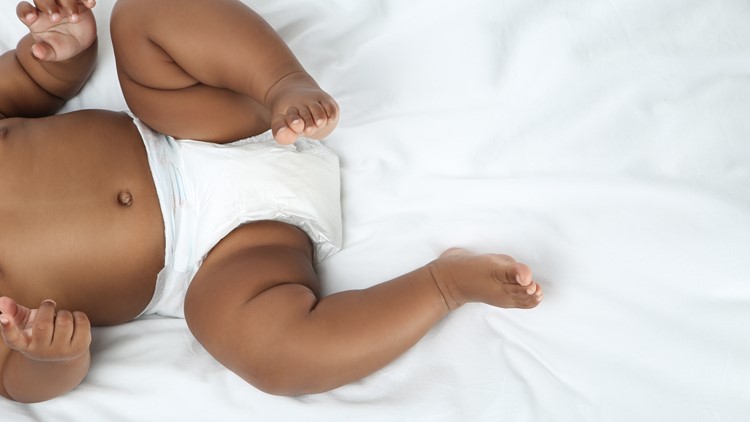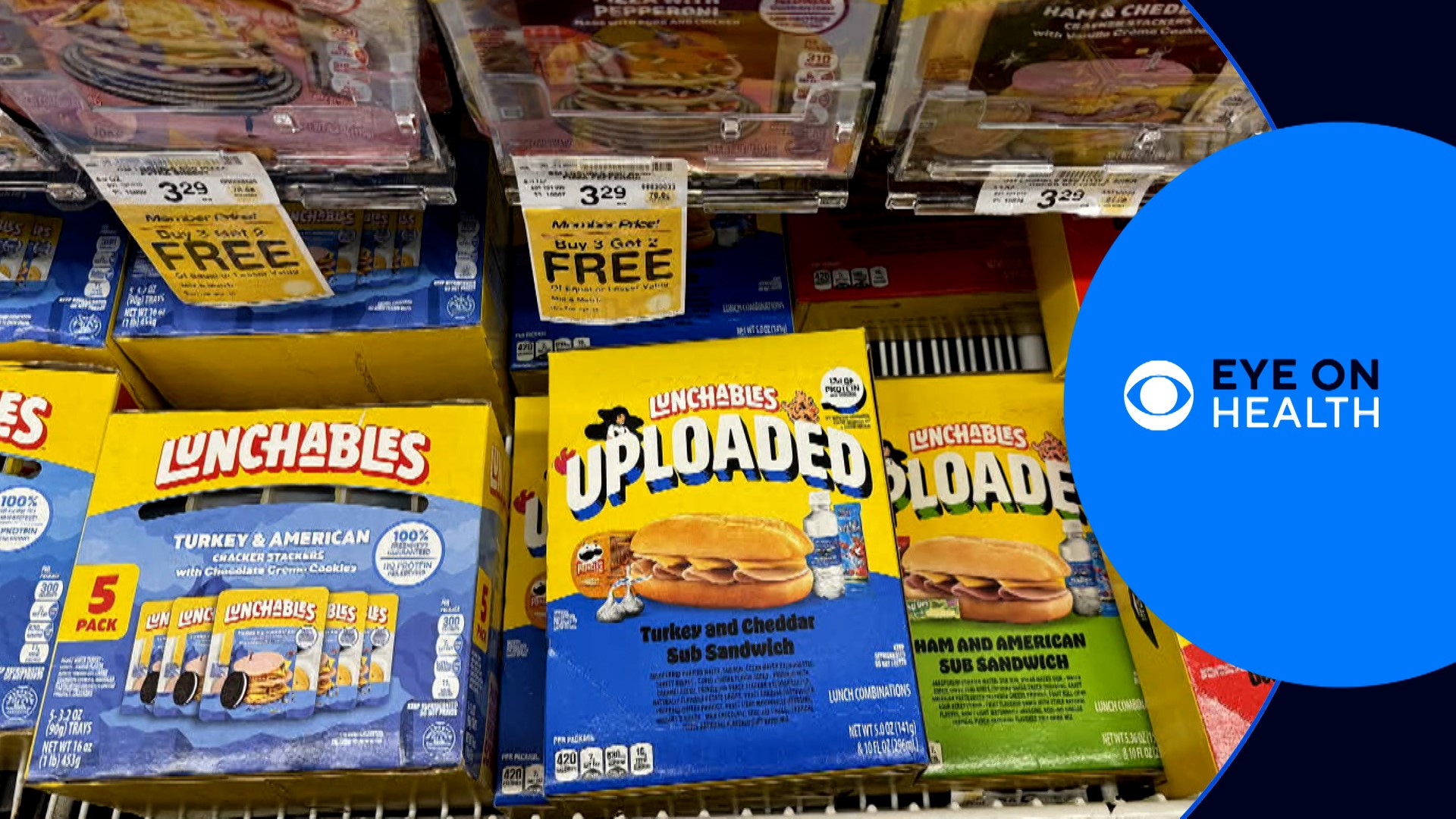ST. PETERSBURG, Fla. — It's typical baby behavior to crawl around on the ground, chew on toys and put a lot of things in your mouth that you shouldn't.
But did you ever think about how much of that plastic is going in one end and out the other?
One group of scientists went right to the source to find out. A study published on Sept. 22 tested stool samples from six different 1-year-olds in New York City and compared them to samples from adults.
They found the average concentration of one type of microplastic called PET, or polyethylene terephthalate, found in baby stool was 10 times higher than that in adult stool, as first reported by The Verge. PET is commonly used in baby bottles and polyester textiles, like rugs.
The findings suggest that babies are exposed to higher levels of microplastic than adults, likely from all that crawling and chewing. Another study found that baby bottles also have the potential to shed microplastics. So if someone prepares baby formula by shaking it in a bottle with warm water, the study says millions of particles of microplastic could be released.
So should we be worried?
Scientists are still working to figure that out. There's still a lot of research to be done on how microplastics affect our health.
“Babies are exposed to high levels of plastics, something needs to be done,” Kurunthachalam Kannan, co-author of the study and professor of environmental medicine and pediatrics at NYU, said via The Verge.
“Early life stages are very vulnerable," he added.
However, the PET Resin Association (PETRA) says that the specific type of microplastic commonly found in bottles, PET, does not contain elements like BPA or endocrine disruptors that are commonly known to cause harm.
PETRA adds that, despite common myth, drinking water from a PET bottle that has been left in a hot car, frozen, used more than once does not pose any health risk.
Kannan argues that there hasn't been enough research done recently to confirm if this longstanding belief is true. He said there needs to be more federal funding for studies that would look at a wider population to really understand how plastic exposure affects us, the Verge reports.



